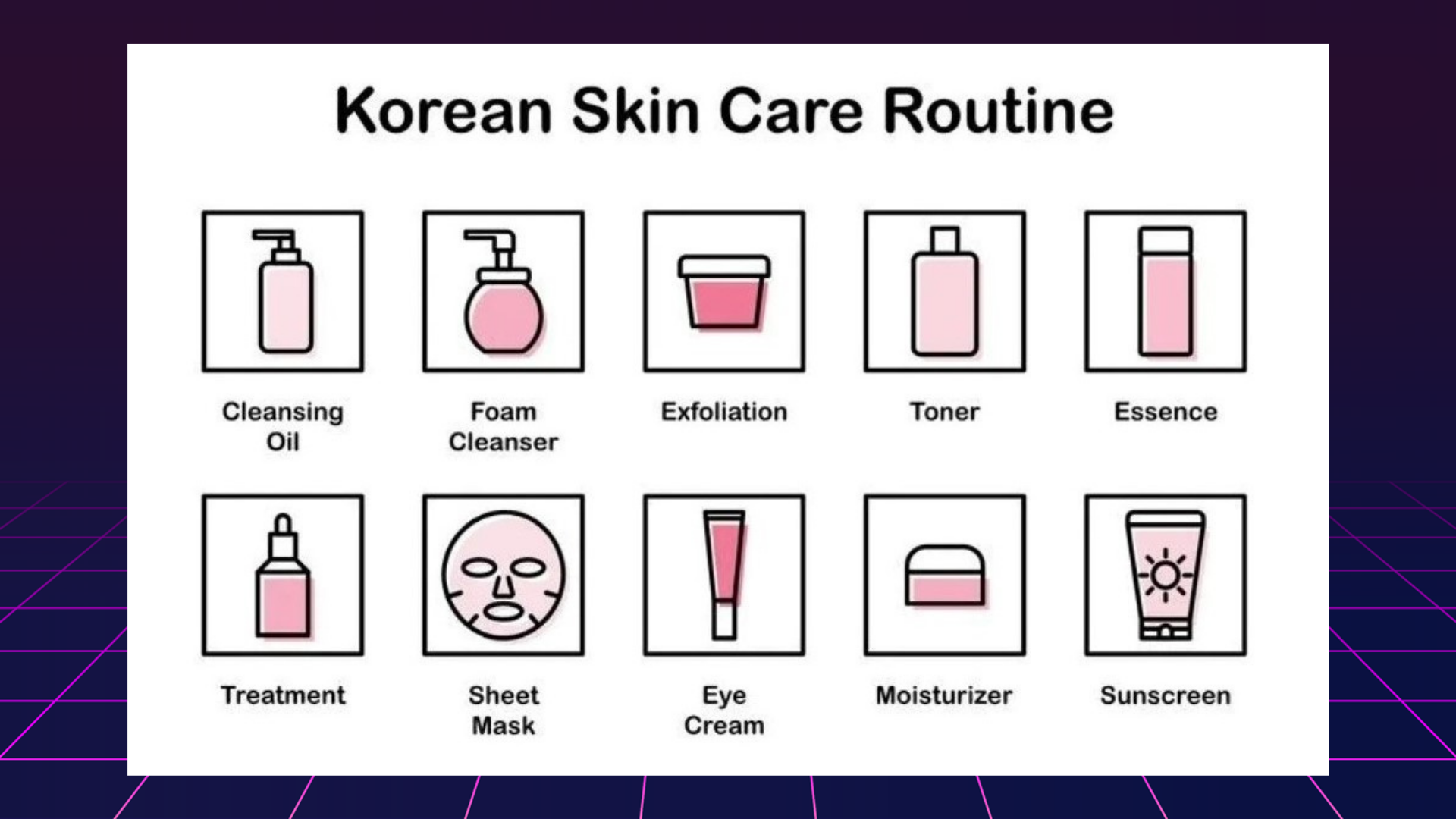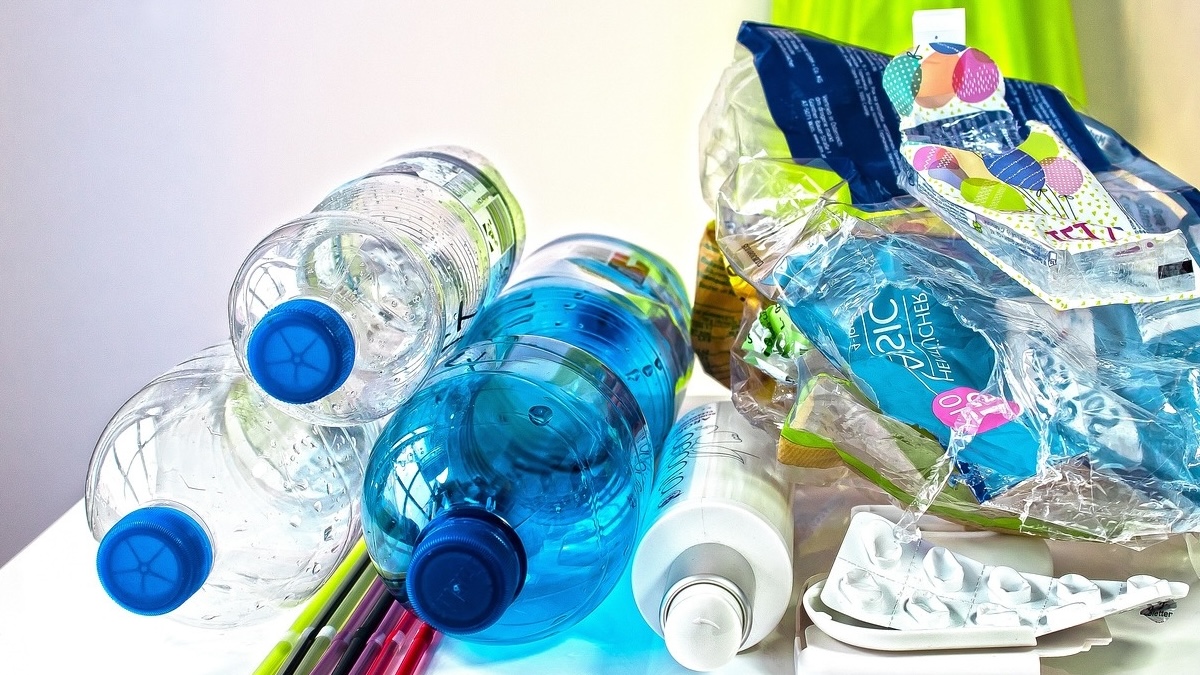In today's society, skincare products are in high demand around the globe. Not only in Korea, Japan, United States, and United Kingdom but also in Malaysia, the market for skincare products was growing at a very rapid pace.
The Korean skincare goods were indirectly marketed in the Korean drama, which was seen by millions of people across the world. Korean skincare routines regimes were also well-known around the globe for their ability to produce supple skin trends. As Korean dramas boom around the world and have been watched by millions of people, it is undeniable that the majority of women were mesmerized by Korean beauty. Korean skincare regimens programs were also well-known over the world for their capacity to develop supple skin trends, which was a result of their use of natural ingredients. During their viewings of Korean dramas and films, the majority of the females were affected by the beauty of Korean people. The actors and actresses are represented as having appealing skin and stunning sights on the screen. These trends were affected by the majority of women purchasing their skincare products.
Safety of Skincare Products
While Korean skincare products are popular and YouTubers are aggressively promoting skincare products, it is important to be informed of the safety of the promoted skincare products. We want beautiful skin, but we also need to be conscious of the safety of the substances in the products we use, as well as the compatibility of the products for our skin type. Most renowned skincare products brands such as SKII, Laneige, L’Oreal, Estee Lauder, and Nivea have conducted several tests on their skincare products to ensure that they meet the safety requirements set out by the Organisation for Economic Cooperation and Development (OECD).
The majority of individuals, on the other hand, are not aware of their skin type, making it difficult to choose the appropriate skincare products. People who have sensitive skin are severely constrained in their ability to choose skincare products. Improper skincare products will harm their skin and health; therefore, they should be cautious while selecting them. That is why the OECD is requiring the skin sensitization test as one of the safety tests for skincare and cosmetic products. Animal testing was now prohibited due to unethical issues; thus, non-animal testing was in great demand to assess the skin sensitization studies.
The question then becomes, how can skin sensitization arise on our human skin when we use improper skincare products? Following the worldwide unified system of categorization and labeling of chemicals, skin sensitization is defined as an allergic reaction including redness, itchiness, and skin burning sensation triggered by a substance when it comes into contact with the skin. There was an active local immune response triggered by the presence of an allergen on the skin, which caused the cutaneous irritation. The term "allergen/skin sensitizer" refers to a component found in skincare products that have been linked to skin sensitivity. This particular component should not be used in skincare products for them to be acceptable for those with sensitive skin types.
Skincare Ingredients
Many skincare and cosmetic products supply in the market as an end product formulation and are often provided with limited ingredients information displayed on the packaging. In this case, unless there are specific concentration limits for a particular ingredient, a mixture containing known ingredients at a concentration greater than or equal to 1 % requires classification and labeling as a potential skin sensitizer. Consumers with readily sensitive skin may be affected by very small amounts of skin sensitizers. The label on the packaging of products should display at least one substance classified as skin sensitizers and being present in a concentration ≥ 0.1 % that is specified under specific skin sensitizers.
Under the European Union (EU) law, about 1328 ingredients for skincare and cosmetics products that potentially causing cause cancer, genetic mutation, reproductive harm, or birth defects to the consumers have been banned. Meanwhile, the United States Food and Drug Administration (FDA) has restricted 11 ingredients for skincare and cosmetics products. The Cosmetic Ingredient Review (CIR), Cosmetic, Toiletries and Fragrance (CTFRA), FDA, and Consumer Federation of America have reviewed the toxicology of skincare and cosmetic ingredients for safety purposes. Unlike the United States, EU law requires strict pre-market safety assessments, mandatory registration, and government authorization for skincare and cosmetics products to include nanomaterials and prohibits animal testing.
For instance, hydroquinone or 1,4–benzoquinone has been classified as a skin sensitizer in skincare and cosmetic products. Hydroquinone has been widely used as a bleaching agent and is present in face whitening creams. It can lead to depigmentation which will increase the risks of skin cancer and decrease skin protection. The allowable amount of hydroquinone in skincare and cosmetics products is fewer than 4 % and can only be used upon professional health advice. If the hydroquinone exceeds the limit (≤ 1 %), it can erode and dilutes reddish skin. Also, it will cause uncontrollable peeling of the skin, thus, causing unwanted skin pigmentation if exceeding 1%. Essentially, skin whitening products should not erode the skin.
Normally, this effect might be considered good, but it will eventually harm the consumer when used in the long run. Similarly, phenylacetaldehyde in skincare products has a moderate potential for skin sensitization. It has a piercing green odor and produces reminiscent hyacinths when diluted. It is a minor component of many essential oils and fruits. It occurs in up to 5 % of the headspace of the sweet pea blossom, Lathyrus odoratus. The dermal sensitization allows the use of phenylacetaldehyde from concentrations of 0.02 to 3.0 % for deodorants and liquid soaps. It is not only damaging to the skin, but it also can cause other health issues. Besides skin sensitization and carcinogenic, it also can interfere with the sex hormone balance, breast cancer, migraine, and rhinitis.
The ingredients of products that induce skin sensitization were compiled and made freely accessible in the report of the study completed by the majority of research institutions. However, for the general population that is not well-informed about the science underlying skincare products, this would be difficult for them to comprehend and implement.
As a result, choosing skincare products from the sensitive skin skincare range is the quickest and most straightforward method of ensuring skin safety. The reason for this is that when skincare brands say that their products are acceptable for persons with sensitive skin, they have undergone dermatological testing and have done skin sensitization studies. Consumers will acquire more confidence in their ability to choose appropriate skincare products to maintain beautiful and healthy skin.
Sensitive skin skincare products are formulated not only for people with sensitive skin types but also for those with any skin type as it is compatible and safe, including those with acne-prone skin. Maintaining healthy skin with a suitable moisturizing regimen and applying sunscreen before exposing the skin to the sun are the most crucial considerations to remember.
















